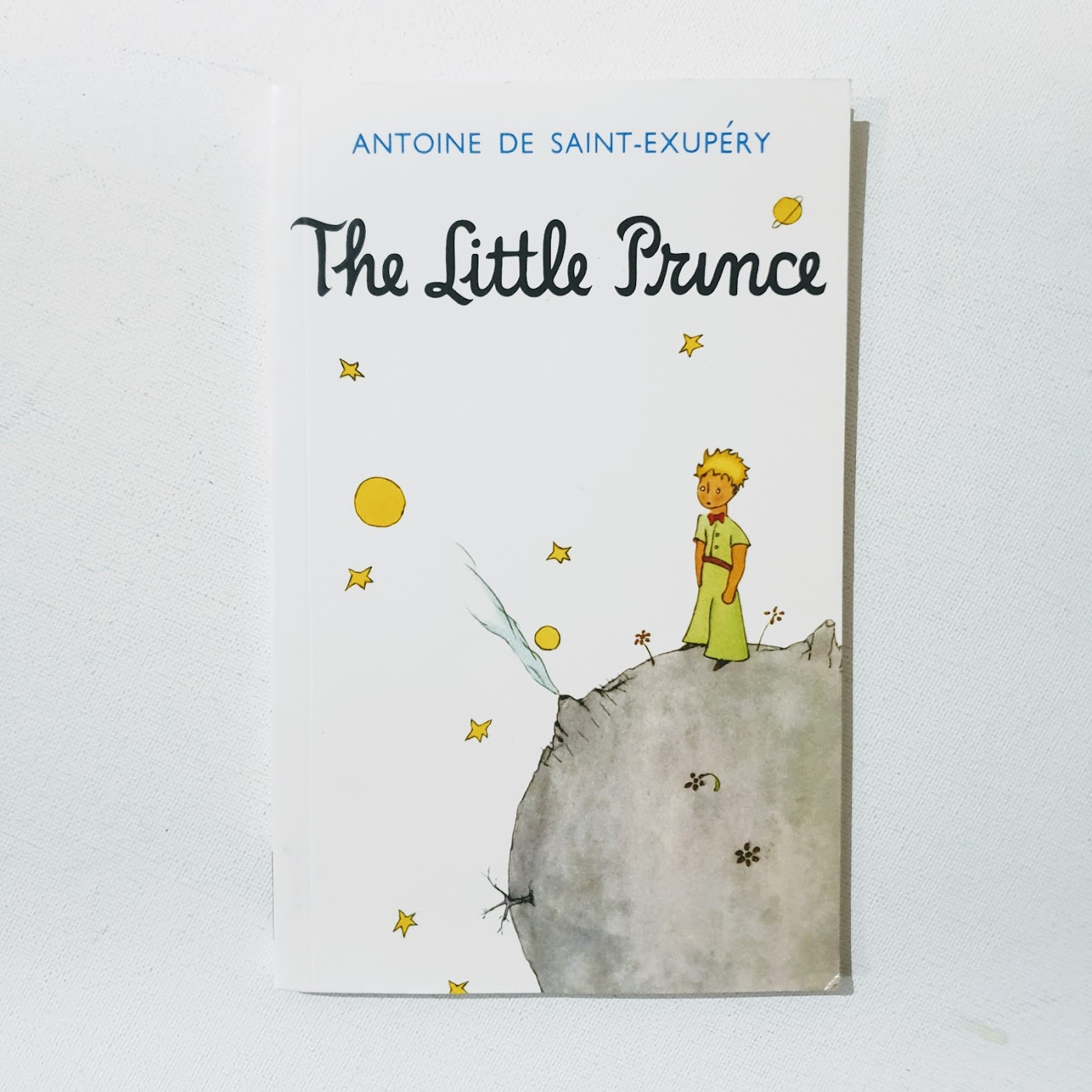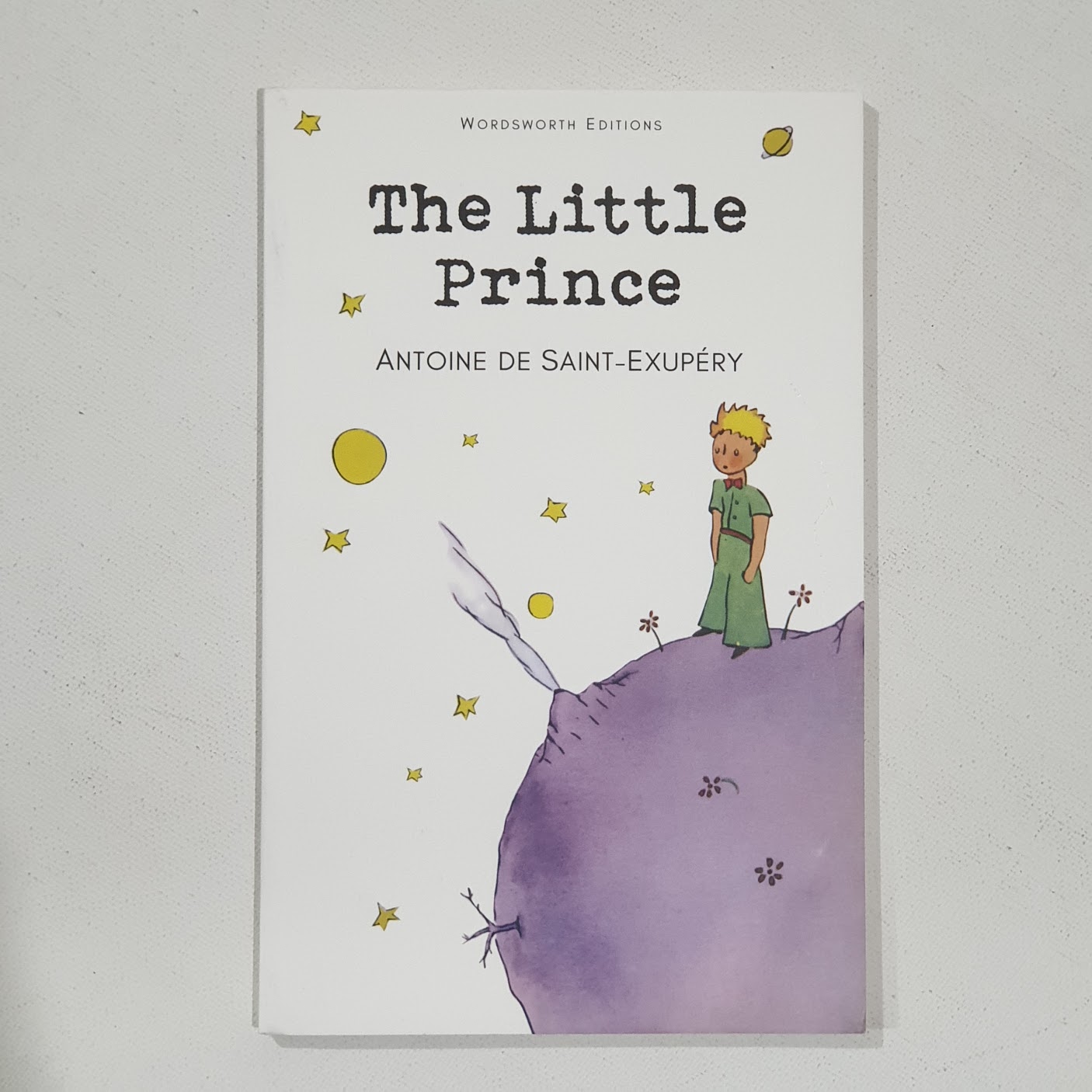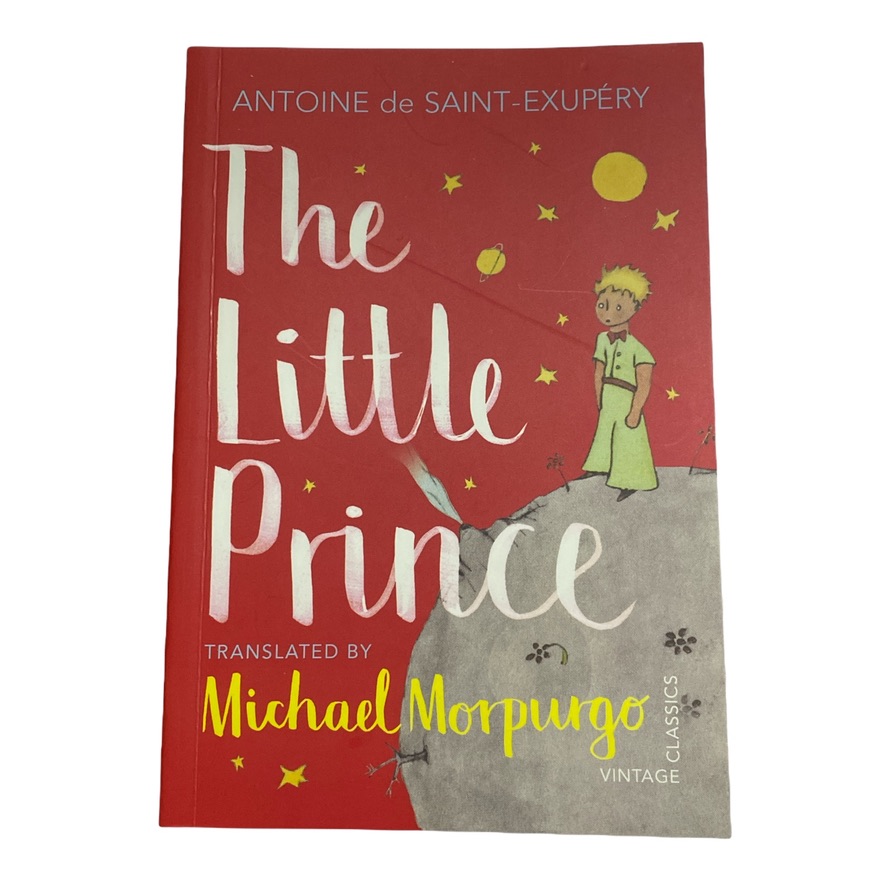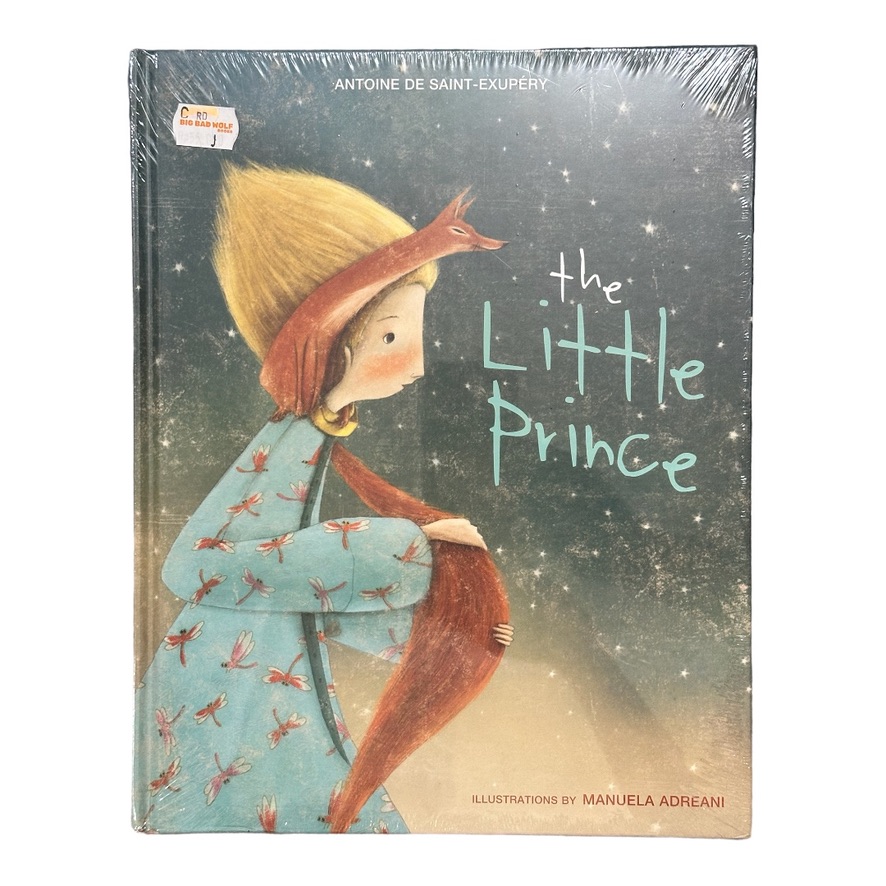
British English, often represented as the standard form of the English language in the United Kingdom, encompasses various dialects and accents spoken across the UK. English is a West Germanic language that was first spoken in early medieval England and eventually became a global lingua franca. Named after the Angles, one of the Germanic tribes that migrated to the area of Great Britain that would later take their name, England, both names ultimately deriving from the Anglia peninsula in the Baltic Sea. It is closely related to Frisian and Low Saxon, and its vocabulary has been significantly influenced by other Germanic languages, particularly Norse (a North Germanic language), and to a greater extent Latin and French.
History:
- Old English (450-1150 AD): The roots of English stretch back to the invasions of Anglo-Saxons, who brought their Germanic languages to Britain. This period saw the language mostly in its Germanic form, heavily influenced by Norse due to Viking invasions.
- Middle English (1150-1500 AD): Following the Norman Conquest in 1066, Old English underwent significant changes. Norman French became the language of the ruling class, profoundly influencing the vocabulary and grammatical structures of English.
- Early Modern English (1500-1700): The English Renaissance fueled interest in classical learning and led to the standardization of English, largely due to the spread of printing technology. The publication of the King James Bible in 1611 and the works of Shakespeare were pivotal in shaping Modern English.
- Late Modern English (1700 to Present): This period saw the language become more standardised. The British Empire’s expansion spread English around the world, leading to its adaptation in various colonies, which later evolved into numerous dialects and accents globally.

Pronunciation: One of the most distinctive features, particularly the Received Pronunciation (RP), often considered the “standard” accent in the UK, though it is spoken by a minority.
Spelling and Grammar: British English retains many spellings that are closer to French and other European languages, such as “colour” and “realise.” Grammatically, it tends to be more conservative in maintaining the subjunctive and certain verb forms like the past simple in situations where American English might use the present perfect.
Vocabulary: There are numerous differences in vocabulary between British English and other forms of English, reflecting historical development and cultural differences.

British English is the standard in education, media, and official communications. It coexists with a rich variety of regional accents and dialects, which reflect the UK’s diverse cultural heritage. In many former British colonies, English remains an official language and is used in government, legal systems, and education. These varieties, such as Indian, Australian, and Canadian English, have evolved unique characteristics but still bear the influence of British English.
British English is widely taught as a second language across the world. It is one of the leading models of English language education, alongside American English, in non-English-speaking countries.



